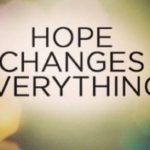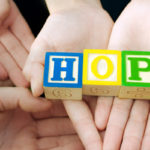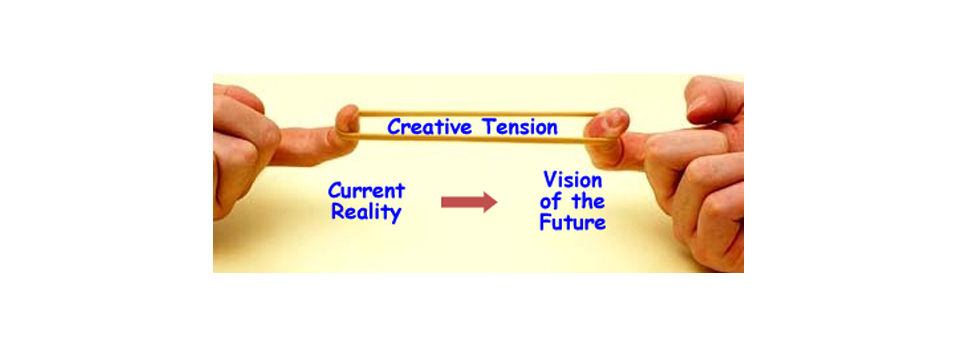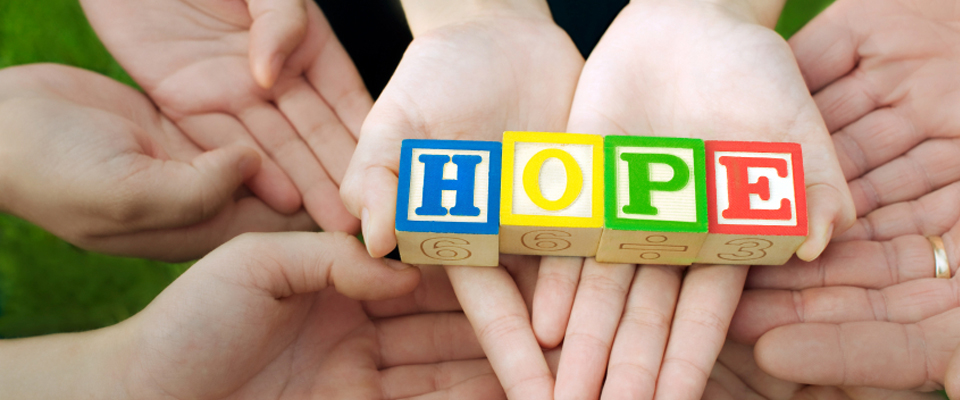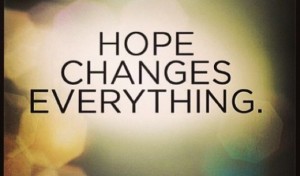“All kids need is a little help, a little hope, and someone who believes in them.”
—Magic Johnson, former Los Angeles Laker Basketball Superstar

Weston on his 1st Birthday
How often do you video chat with family and friends that live far away? A few weeks ago, Wendy and I were delighted to see our one-year-old grandson Weston take 10 steps at the encouragement of his mom — our daughter Rachel.
Our children are our future, and I have no doubt that Weston will be an extraordinary young man due to the hope, help, and belief we all have in him.
EXERCISE:
Who are the big and little kids in your world that need and deserve even more belief and support? In what ways can and will you more fully contribute to their growth and development?




